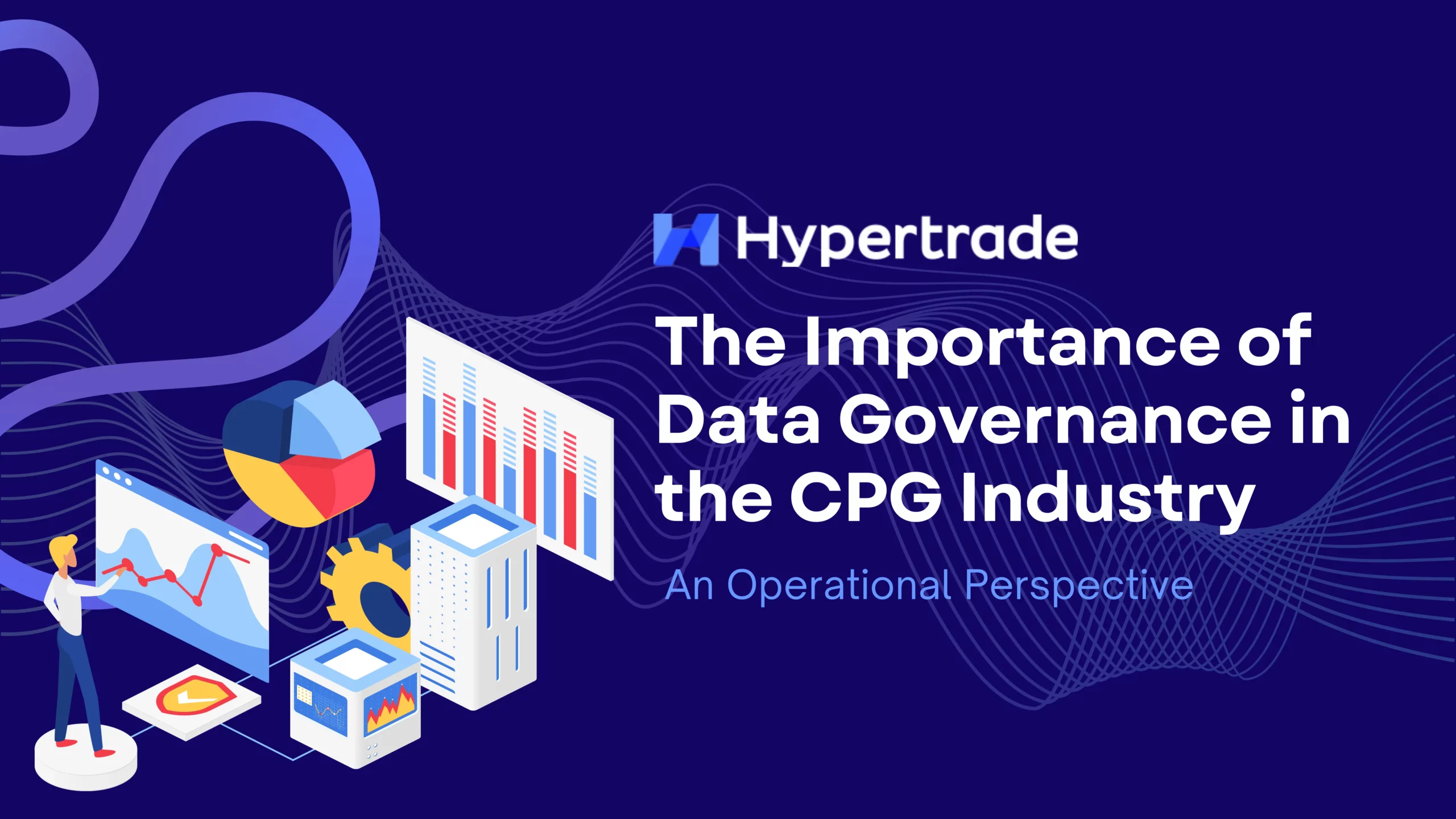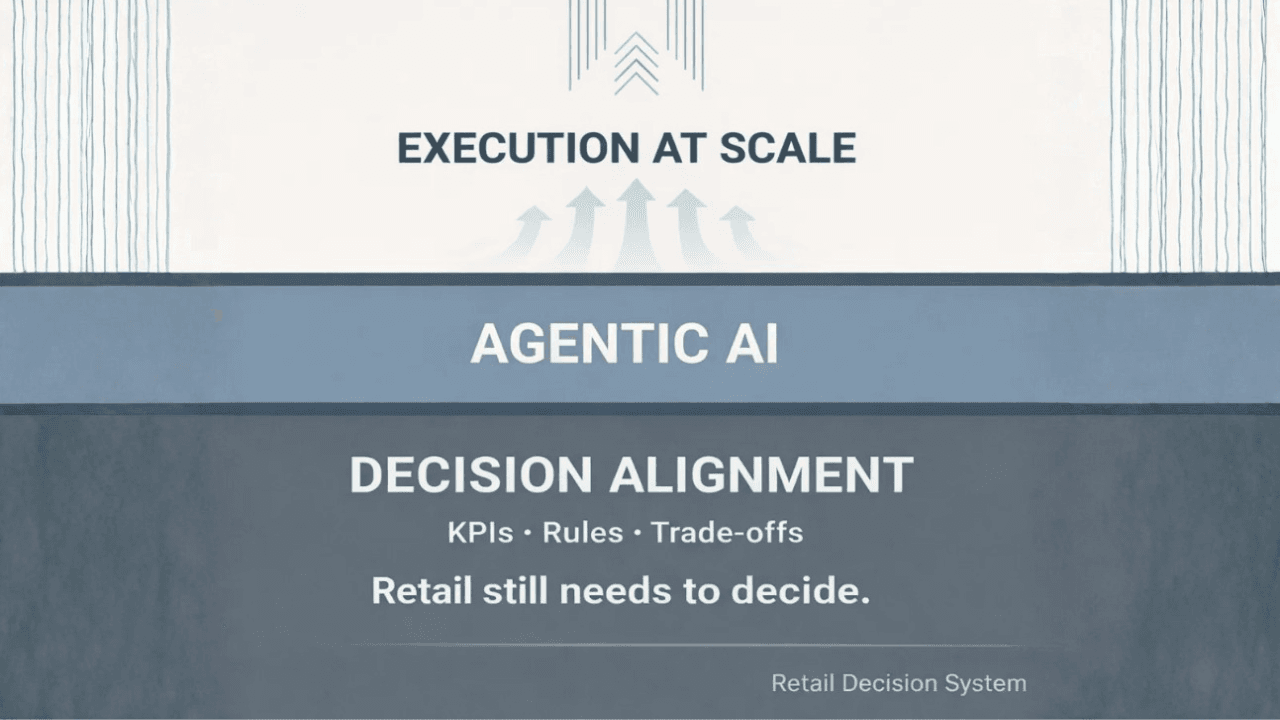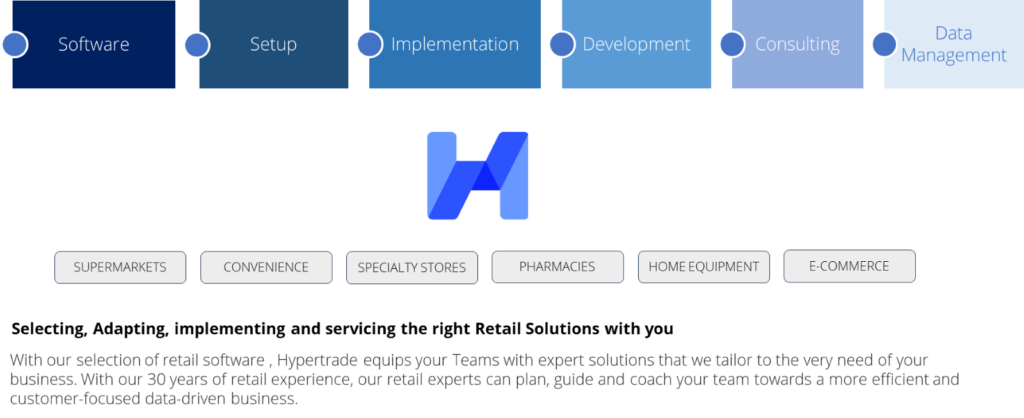Data governance is becoming an increasingly vital component of CPG’s business operations. Effective data governance ensures that data across the organization is accurate, consistent, and secure, enabling CPG companies to make informed decisions, optimize processes, and maintain a competitive edge. This article explores the operational view of data governance and its impact on the industry.
Understanding Data Governance
Data governance refers to the overall management of data availability, usability, integrity, and security in an organization. It involves a set of processes, policies, standards, and metrics that ensure effective and efficient use of information. For CPG companies, data governance is crucial due to the vast amount of data generated from various sources, including supply chain operations, customer interactions, sales transactions, and market research.
Operational View of Data Governance
From an operational perspective, data governance in CPG encompasses several key areas:
1. Data Ownership and Accountability
- Clear Roles and Responsibilities: Establishing who owns the data and who is responsible for its management is critical. This clarity helps prevent data silos and ensures accountability across departments.
- Data Stewards: Assigning data stewards who oversee data management practices ensures that data quality and governance policies are adhered to.
2. Data Quality Management
- Consistency and Accuracy: Implementing robust data cleansing and validation processes helps maintain high data quality, reducing errors and inconsistencies.
- Regular Audits: Conducting regular data audits helps identify and rectify data quality issues promptly.
3. Data Access and Security
- Access Control: Ensuring that only authorized personnel have access to sensitive data protects the organization from data breaches and misuse.
- Data Encryption: Implementing encryption for data at rest and in transit enhances data security and compliance with regulations.
4. Data Integration
- Seamless Integration: Integrating data from various sources, such as ERP systems, CRM systems, and supply chain management systems, creates a unified view of the business, enabling better decision-making.
- APIs and Middleware: Using APIs and middleware solutions facilitates smooth data exchange between systems.
5. Compliance and Regulatory Adherence
- Regulatory Compliance: Adhering to industry regulations such as GDPR, CCPA, and other data protection laws ensures that the organization avoids legal penalties and maintains customer trust.
- Documentation and Reporting: Keeping detailed records of data governance practices and policies helps demonstrate compliance during audits.
Impact of Data Governance on CPG
Effective data governance has several significant impacts on CPG companies:
1. Enhanced Decision-Making
- Reliable Data: Access to high-quality, reliable data enables better strategic and operational decisions, helping companies respond swiftly to market changes and consumer demands.
- Data-Driven Insights: Leveraging data analytics to gain insights into consumer behavior, market trends, and operational performance drives innovation and growth.
2. Improved Operational Efficiency
- Streamlined Processes: Efficient data management reduces redundancies and streamlines operations, leading to cost savings and better resource allocation.
- Supply Chain Optimization: Accurate and timely data improves supply chain visibility, enabling better inventory management, demand forecasting, and logistics planning.
3. Enhanced Customer Satisfaction
- Personalized Experiences: Understanding customer preferences and behaviors through data analysis allows for more personalized marketing and improved customer experiences.
- Customer Trust: Robust data governance practices ensure data privacy and security, fostering trust and loyalty among customers.
4. Competitive Advantage
- Market Agility: Data governance enables companies to quickly adapt to market changes and capitalize on new opportunities, providing a competitive edge.
- Innovation: Access to high-quality data fuels innovation, allowing companies to develop new products and services that meet evolving consumer needs.
Implementing Data Governance in CPG
To implement effective data governance, CPG companies should consider the following steps:
1. Establish a Data Governance Framework
- Develop a comprehensive framework that outlines data governance policies, procedures, and roles.
2. Assign Data Stewards
- Designate data stewards to oversee data management practices and ensure compliance with governance policies.
3. Invest in Technology
- Implement data management and analytics tools that support data governance efforts.
4. Foster a Data-Driven Culture
- Promote a culture that values data integrity and encourages employees to adhere to data governance practices.
5. Monitor and Improve
- Regularly review and update data governance practices to address emerging challenges and improve effectiveness.
Conclusion
Data governance is critical to modern CPG operations, ensuring that data is accurate, secure, and used effectively across the organization. By implementing robust data governance practices, CPG companies can enhance decision-making, improve operational efficiency, boost customer satisfaction, and maintain a competitive advantage in a rapidly evolving market. Embracing data governance not only safeguards the organization against risks but also unlocks the full potential of its data, driving sustainable growth and success.
Discover our data transformation service







